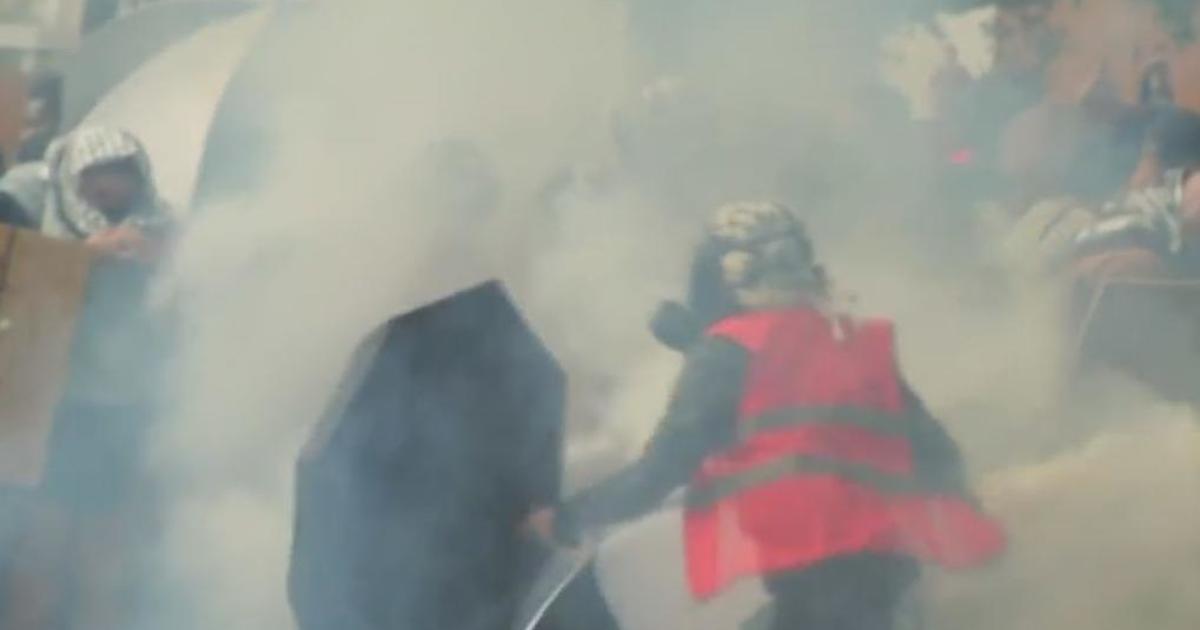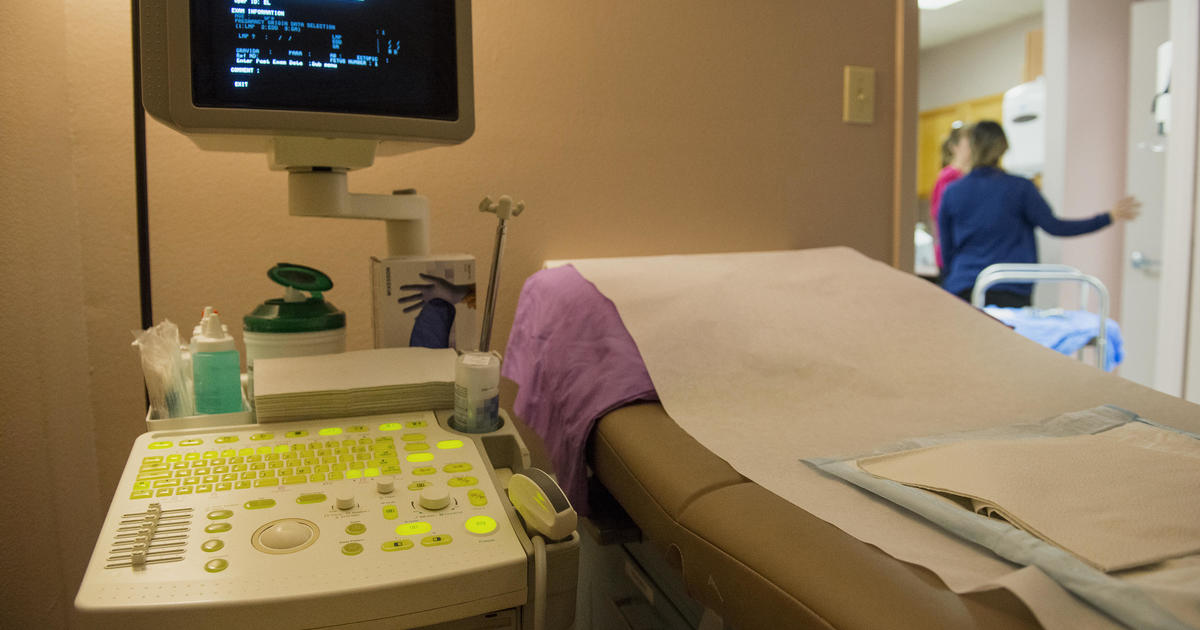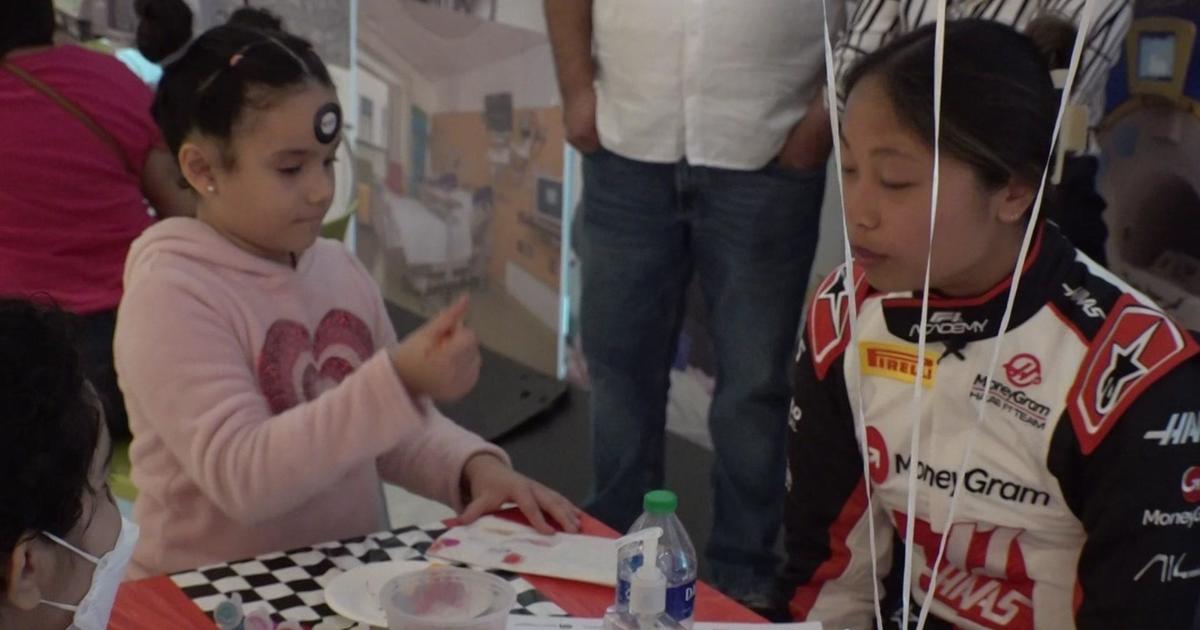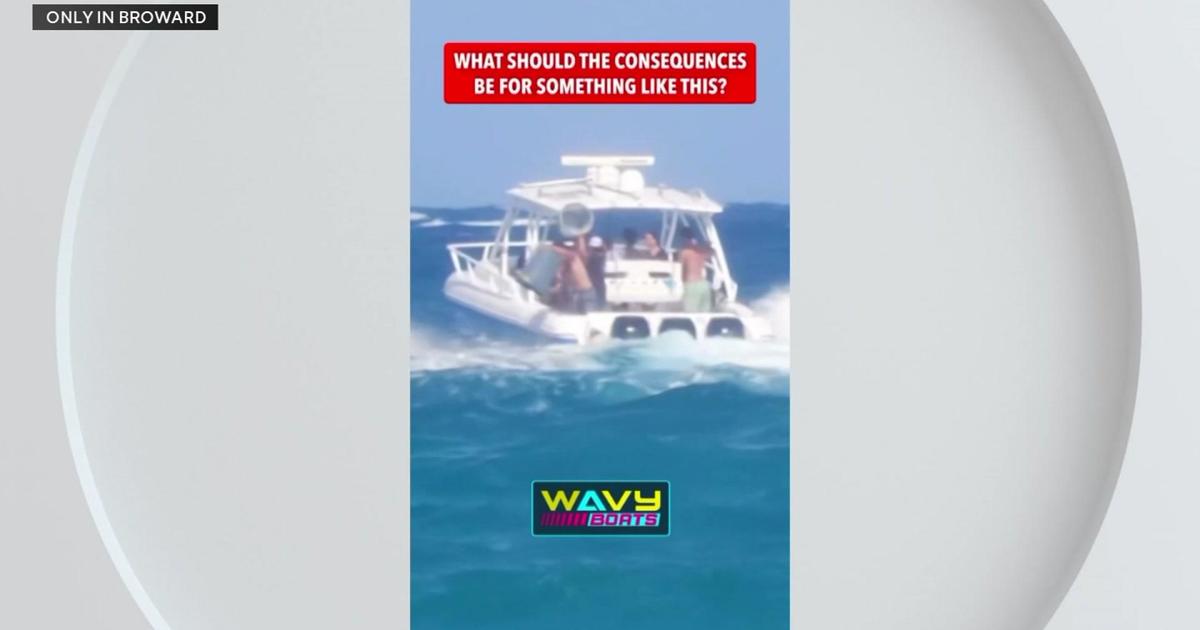Seizing of Nicaraguan private university could trigger wave of migrants to South Florida
MIAMI - Nicaragua's government has confiscated a prestigious Jesuit-run university alleging it was a "center of terrorism," the college said in announcing the latest in a series of actions by authorities against the Catholic Church and opposition figures.
"This is another sad episode, it's hard to see where the end game is going to be," said Thomas Wensky, Archbishop of Miami. He said he's very familiar with Daniel Ortega's attacks on the Catholic Church in Nicaragua in the last five years.
"They had previously closed some dioceses and universities; they have closed some seven Catholic radio stations around the country."
At least 26 universities have been closed by the Ortega regime, now they set their eyes on the University of Central America (UCA). The Jesuit order, known as the Society of Jesus, that runs UCA was notified the Nicaraguan government seized all the university's property, buildings, and bank accounts.
The order quoted the government as claiming the university "operated as a center of terrorism."
"This is a government policy that systematically violates human rights and appears to be aimed at consolidating a totalitarian state," the Society of Jesus of Central America said in a statement.
Assistant Secretary of State for the Bureau of Western Hemisphere Affairs, Brian A. Nichols, said in a tweet that the seizure of the university "represents further erosion of democratic norms and a stifling of civic space by Ortega-Murillo," referring to vice president and first lady Rosario Murillo.
"This was one of the few universities that was not controlled by Ortega's dictatorship," said Madelaine Caracas, who pursued a degree in communications at UCA. She says this is retaliation from the Nicaraguan government against the university. "This is sad, very sad news not only for me but all my peers."
Caracas and many of her peers participated in the April 2018 protests against Daniel Ortega, mass antigovernment peaceful protests because the regime decided to cut down social security for elderly people. Weeks later security forces violently put down the protests; in fact, many of the protesters attended the private university.
"Because we had the space to have this critical thinking, and figure out things outside the box," said Caracas, one of the thousands who are now exiled.
"Nicaragua is no longer scared of the United States," said Dario Moreno, a professor of Politics and International Relations at Florida International University (FIU). "The fact that they are closing down UCA shows a terrible amount of arrogance. I think the United States has acted very weakly toward these violations of human rights in Nicaragua."
Founded 63 years ago, UCA also houses the Institute of History of Nicaragua and Central America, which is considered the main documentation and memory center in the country, equipped with its own library, a newspaper library and valuable photographic archives.
The university's seizure "represents further erosion of democratic norms and a stifling of civic space by Ortega-Murillo," U.S. Assistant Secretary of State for the Bureau of Western Hemisphere Affairs, Brian A. Nichols, said in a tweet, referring to vice president and first lady Rosario Murillo.
Since December 2021, at least 26 Nicaraguan universities have been closed and their assets seized by order of the Ortega government with a similar procedure. Seven of those were foreign institutions.
In April, the Vatican closed its embassy in Nicaragua after the country's government proposed suspending diplomatic relations.
Two congregations of nuns, including from the Missionaries of Charity order founded by Mother Teresa, were expelled from Nicaragua last year.
More than 8,000 undergrad students attended the University of Central America, and almost a thousand were pursuing a graduate degree.
"I think this will issue a migration (to the U.S.) from Central America," said Professor Moreno.
And, that is the common denominator among the people who were interviewed.
"If you can't find a future in the country where you were born, you're going to look for that future elsewhere," said Archbishop Wenski.



